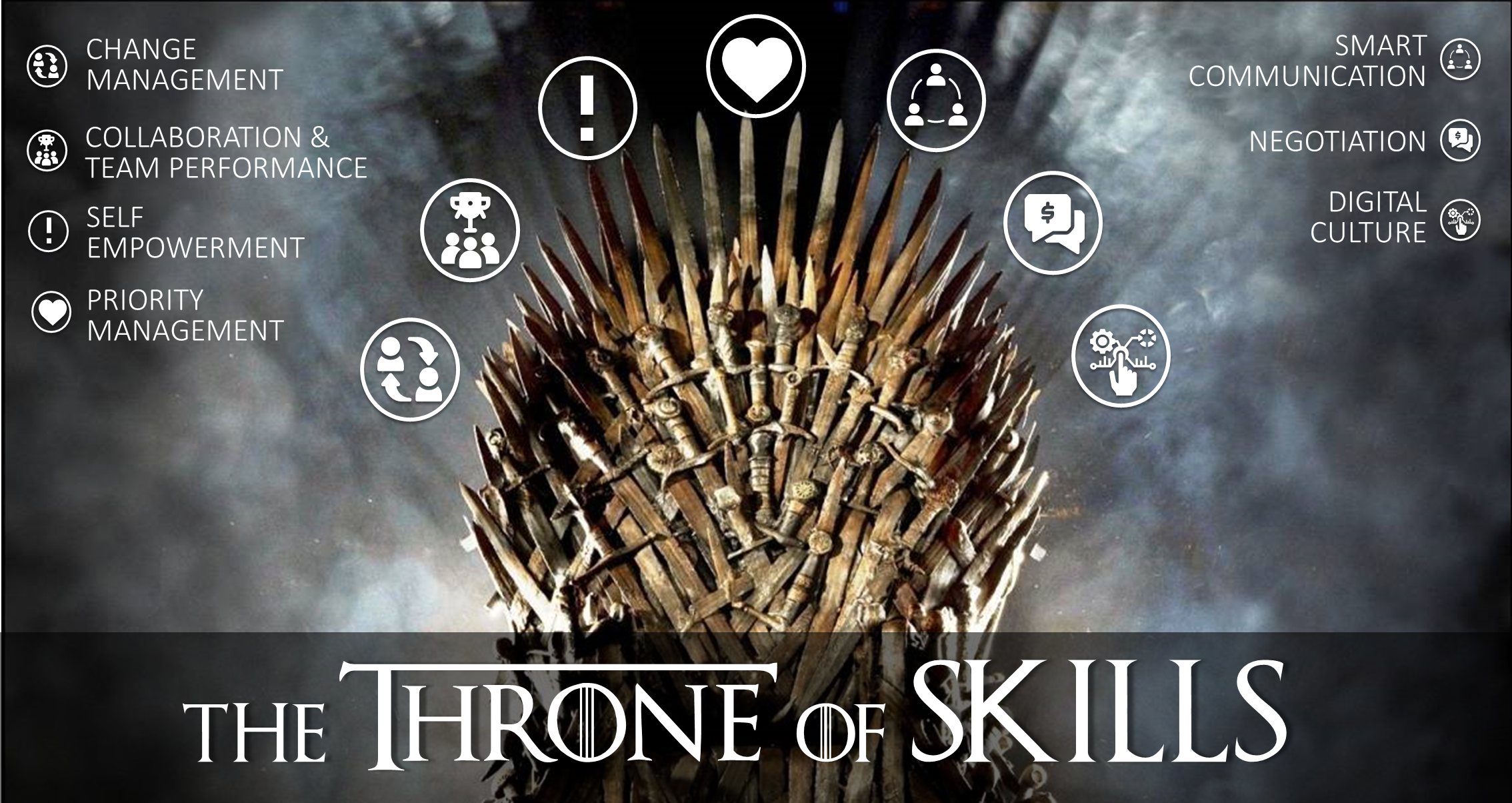About Effective Negotiations
Published on 11/06/2019
A negotiator par excellence
Fans of GoT will not be at all surprised to find Tyrion Lannister the most representative character; no one other than him has been able to negotiate on almost any thing and every thing.Tyrion Lannister is not the favorite son, nor the favorite brother. He buys love by spending his life in brothels and drowns his bitterness in alcohol. But everytime when he is at a crosswords, he moves his view one step up, captures the most refined nuances and, like a chess professional - triggers negotiations one after another, making preemptive moves by thinking in advance of his opponent.Tyrion does not always move by virtue of a complex long-term plan, rather - he know his innermost desires very well but his moves fail to see him visualizing the potential outcome or consequences.3 points for reflection
- Concluding a negotiation positively refers to knowing how to "win" by avoiding "defeat" by the opponent. I am convinced that is is always possible to find a common victory ground - also the only convenient way, in order to avoid the real negotiating before it even happened. To illustrate, say I arrived at a hotel at 22:00 hrs. I asked to have WiFi in the room but was told it will cost 10 euros by the concierge. I said that is excessive, especially when I frequent this hotel but the concierge was firm and said the fee is a tariff that is non-negotiable. Eventually I paid up and never returned to the hotel. So, when did the deal collapse? Did any side win, or did both sides lose? What style did the concierge use?
- You cannot win a negotiation without carefully preparing the pitch: which are the negotiable points? What is the weight of each one? What the interests of both parties? What are the times within which the negotiation will have to be closed? Going back to the WiFi scenario: "I see in your reservation that breakfast is not included. I could propose that you top at 15 euros to get both breakfast and WiFi" (the fact is I never have breakfast because I leave the hotel before the breakfast counter opened).
- Communicating in an open and assertive manner is the best way to conduct a negotiation without losing sight of the goal; playing on a shared ground, flexibly re-formulating a new goal consistent with the changed scenario. Using the scenario again: "...you may be interested to know that you can have breakfast in your room at any time at the cost of 20 Euros and includes WiFi around the clock!". "Thank you, this is a very good idea - here's 20 Euros."

